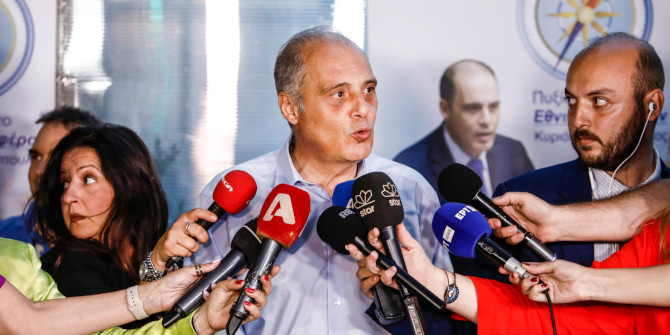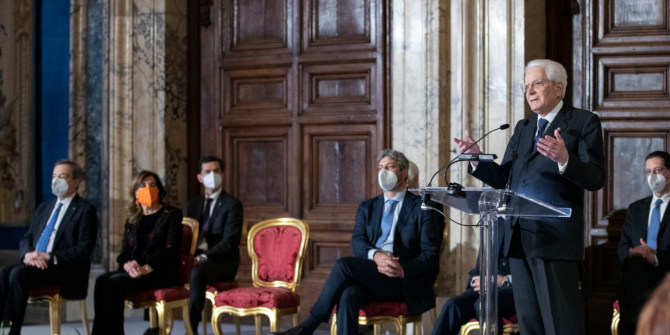The European Politics and Policy at LSE Blog (LSE EUROPP) has recently started a series on the French presidential elections to be held in April and May. Julian Kirchherr introduces the theme and gives an overview of some of the current articles, and those expected over the next few weeks.
The European Politics and Policy at LSE Blog has recently launched a series on the French presidential elections, set for 22 April for the first round, and 6 May for the second. The outcome of the elections will prove vital for Europe’s future: Currently, the “Merkozy” duo (German chancellor Angela Merkel and French president Nicolas Sarkozy) dominates any initiative the European Union undertakes to solve its debt and currency crisis. A new leader in France might create a new balance of power in Europe – with possibly vast policy implications.
Is the path of austerity the right path to take? Sarkozy’s competitor François Hollande firmly disagrees. He calls for increasing governmental spending to tackle the crisis. And the right-wing’s front-runner Marine Le Pen, currently predicted to capture as much as 20 per cent of the vote, believes that the European Union is at the core of many problems France currently faces. This series seeks to map the status quo of the French presidential elections and attempts to predict its outcome – hopefully stimulating a constructive debate about French politics and the future of Europe.
Upcoming articles in this series will include:
- Catherine Fieschi on how Marine Le Pen will not capture more than 15 per cent of the vote
- Richard Nadeau, Thomas Didier and Michael Lewis-Beck who argue that Sarkozy’s image as a strong leader will still not be enough to secure him victory in the second round
- Commentary from Maurice Fraser from the LSE’s European Institute
- Election forecasting from Martial Foucault
As part of this series we have already posted a number or articles:
- Jocelyn Evans (University of Salford) and Gilles Ivaldi (University of Nice) predict that Marine Le Pen will capture 17 per cent of the vote in the upcoming French presidential elections, failing to outperform her father’s strongest result.
- In Political Leadership in France, a passionate and exciting account of recent French politics, John Gaffney (Aston University) considers what Charles de Gaulle’s ideas and personality continue to mean for French politics and the current elections.
- Sir Julian Priestley (European Public Policy Advisers) argues that European questions have intruded into the French election campaign, signalling that the next European Parliamentary elections may be the first truly European ones
- Rainbow Murray (Queen Mary, University of London) believes that François Hollande is by no means certain to win the French Presidential election
- Olaf Cramme (LSE European Institute) analyses why German Chancellor Angela Merkel threw her support behind the French President Nicolas Sarkozy.





